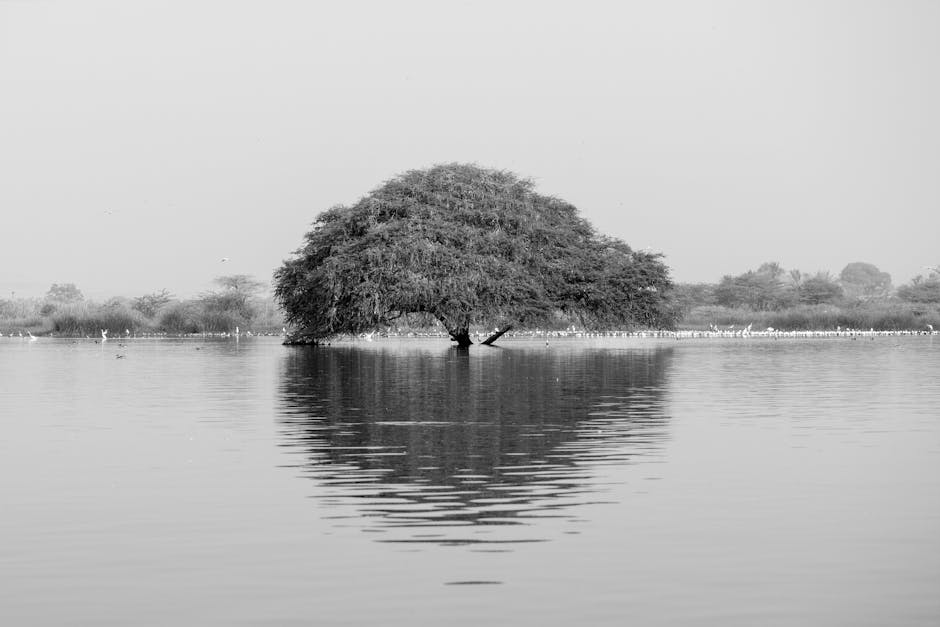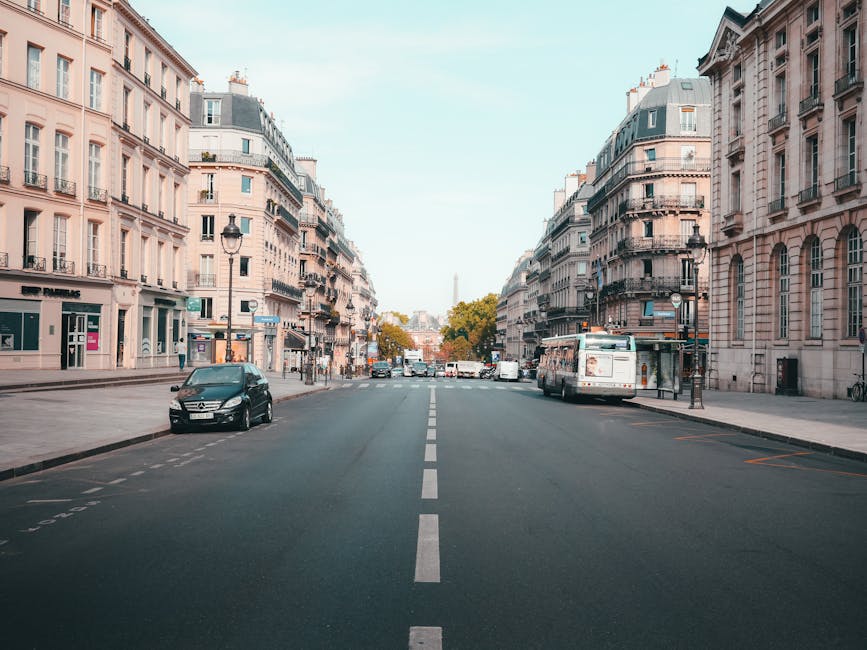In the sprawling, sand-swept cities of Mauritania, a shadow of fear has fallen over communities of sub-Saharan Africans. Under the harsh glare of the Saharan sun, a systematic and brutal campaign of mass deportation is underway, creating a silent humanitarian crisis at the crossroads of West Africa and the gates of Europe.
Dawn Raids and Desert Dumping
For weeks, reports have been trickling out of the capital, Nouakchott, and the northern port city of Nouadhibou. These are not isolated incidents but the hallmarks of a coordinated state-led operation targeting Black African migrants.
Eyewitness accounts and human rights reports paint a grim picture: security forces storming migrant neighbourhoods in dawn raids, conducting arbitrary arrests, and herding men, women, and children onto buses. Their destination is the remote and dangerous desert border with Mali.
The targets of Mauritania‘s mass deportation campaign are predominantly from neighbouring countries like Mali, Senegal, and Guinea. They are construction workers, small traders, and domestic helpers who form the backbone of the informal economy. Families are being torn apart with no warning and, critically, with no due process. There are no court hearings or asylum screenings; they are simply rounded up and abandoned.
Why is Mauritania Deporting African Migrants?
The answer to why this is happening now lies thousands of kilometres away, in the corridors of power in Brussels. This crackdown is intrinsically linked to a multi-million euro pact between the European Union and Mauritania.
Earlier this year, the EU pledged over €210 million to the Mauritanian government. While publicly framed as a development and security partnership, a significant portion of the funds is earmarked for a specific purpose: migration control. Due to its strategic location, Mauritania has become a key departure point for migrants attempting the perilous Atlantic crossing to Spain’s Canary Islands.
In essence, Mauritania has become Europe’s outsourced border guard. The EU is bankrolling this deportation campaign to prevent African migrants from ever reaching its shores.
The Human Cost of Europe’s Border Policy
The Mauritanian government is delivering on its end of the bargain with a brutal efficiency that disregards international human rights law. This includes the fundamental principle of non-refoulement, which forbids returning individuals to a country where they would face persecution or danger.
This campaign also unfolds against the backdrop of Mauritania‘s own fraught history with race and identity. The nation has long grappled with deep-seated tensions between its Arab-Berber elite and its Black African population. By targeting Black sub-Saharan Africans, the government’s operation taps into and exacerbates these existing social fissures.
Human rights groups like Amnesty International have sounded the alarm, condemning the deportations as discriminatory and illegal. They warn that many of those being forcibly returned to Mali are being sent into a region destabilised by conflict and jihadist insurgency, putting their lives at grave risk.
What we are witnessing is the stark, human cost of Europe’s externalised border policy. The diplomatic language of “migration management” in Brussels translates into terror and displacement on the streets of Nouakchott. As Mauritania carries out Europe’s dirty work, a hidden tragedy is shattering thousands of lives in the vastness of the Sahara.




